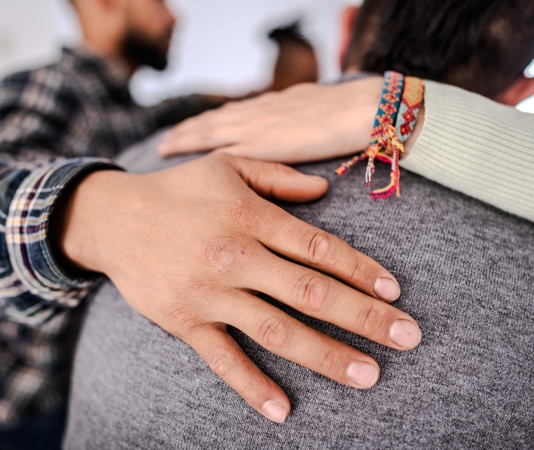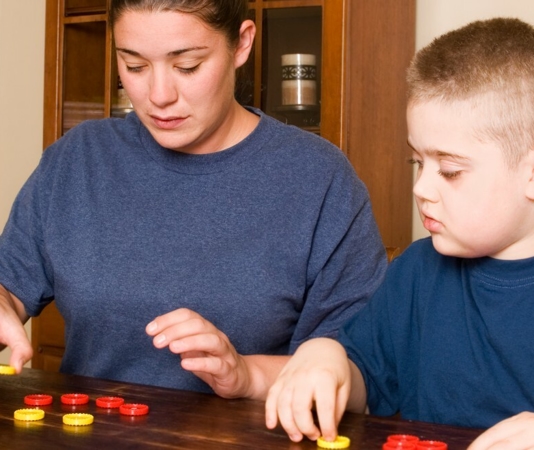This month we spoke with Judith Henry, author of “The Dutiful Daughter’s Guide to Caregiving: A Practical Memoir” about her family caregiving experiences.
Q: Is there one piece of advice in this book that you consider the most important for other family caregivers?
A: Yes, and it’s actually the theme of the entire book. So much of what happens is beyond your control, however, there are still many things that can be handled ahead of time. Addressing these issues now will make a tremendous difference later for you and the person you’re caring for, whether it’s a parent, spouse, grandparent or other adult relative. Examples would be ensuring that critical documents are in place including a Living Will, a Healthcare Power of Attorney; and a HIPAA form giving designated family members permission to speak with healthcare providers about your loved one.
Q: What did you share in your book that you didn’t find in other books about caregiving?
A: The idea that humor can play an important part in what is understandably a very serious subject. Caregiving can be dark and funny, sad and joyous, often at the same time. While some may feel that it’s disrespectful or inappropriate to find the funny in tough situations, it can actually be a positive and healing response to life and death issues. I also believe that when we’re laughing, our hearts and minds are more open to absorbing and retaining information about sensitive topics, and there are many covered in my book. There’s so much information out there on caregiving, but I wanted to offer something that was compact enough to carry and read anywhere, including an airport, on a coffee break at the office, or at 2 AM in an ER waiting room. I also wanted readers to feel like they were getting together with a good, somewhat mouthy friend who wouldn’t judge, and who understood what they were going through.
Q: Can you share one of the more humorous anecdotes from your book?
A: This is an anecdote from Chapter 19, entitled The Cone of Uncertainty: Dealing with Grief and Loss. It’s one of my favorites because it demonstrates how a sense of humor can sometimes save us when nothing else will: It was a miserable rain-soaked day when I delivered my mother’s last will and testament to the courthouse, while trying not to say one more time, “My mom has died.” Exhausted, overwhelmed and grieving, I was pulled out of the security line by a guard, who proudly confiscated a tweezers from my purse. At that point, all I could do was laugh in his face, and snap, “Good job. What a relief to know that the chin hairs of Orange County are safe for another day.”
Q: The image on the cover of your book shows a paper doll nurse’s uniform, but this outfit includes roller skates. Does that image indicate the challenges of caregiving for one’s parents?
A: My graphic designer, Julie Davis, did an amazing job of visually capturing what it’s like to be a caregiver. You’re handling a tremendous number of responsibilities all at once, as a parent, a son or daughter, an employee, a spouse or partner (hence, the multiple helping hands) and going in a dozen different directions (doctor’s appointments, grocery shopping, pharmacy runs, hospital visits, not to mention your own personal errands). The rollers skates seemed the perfect representation.
Q: You have a writer’s group for caregivers. Is this a form of respite care/therapy for them?
A: It is very much a form of respite care. After completing my manuscript and realizing how beneficial it was to get my thoughts and feelings on paper, I decided to create an expressive writing group specifically for caregivers. The group carves two hours out of each month to meet at a public library branch that supports this type of offering. Our backgrounds are very diverse. We’re married, single or widowed and are caring now, or have cared for spouses, parents, friends, children or grandchildren. Despite these differences, there are always common threads that run through our experiences. After sharing what we’ve written, which is not always about caregiving, all of us leave saying the same thing – how good it feels to be with others who get the emotional roller coaster of this journey, and who will laugh with us, cry with us and empathize with our story. It’s incredibly powerful, and I would love to do more of these groups in local hospitals or other venues where caregivers spend their time.




